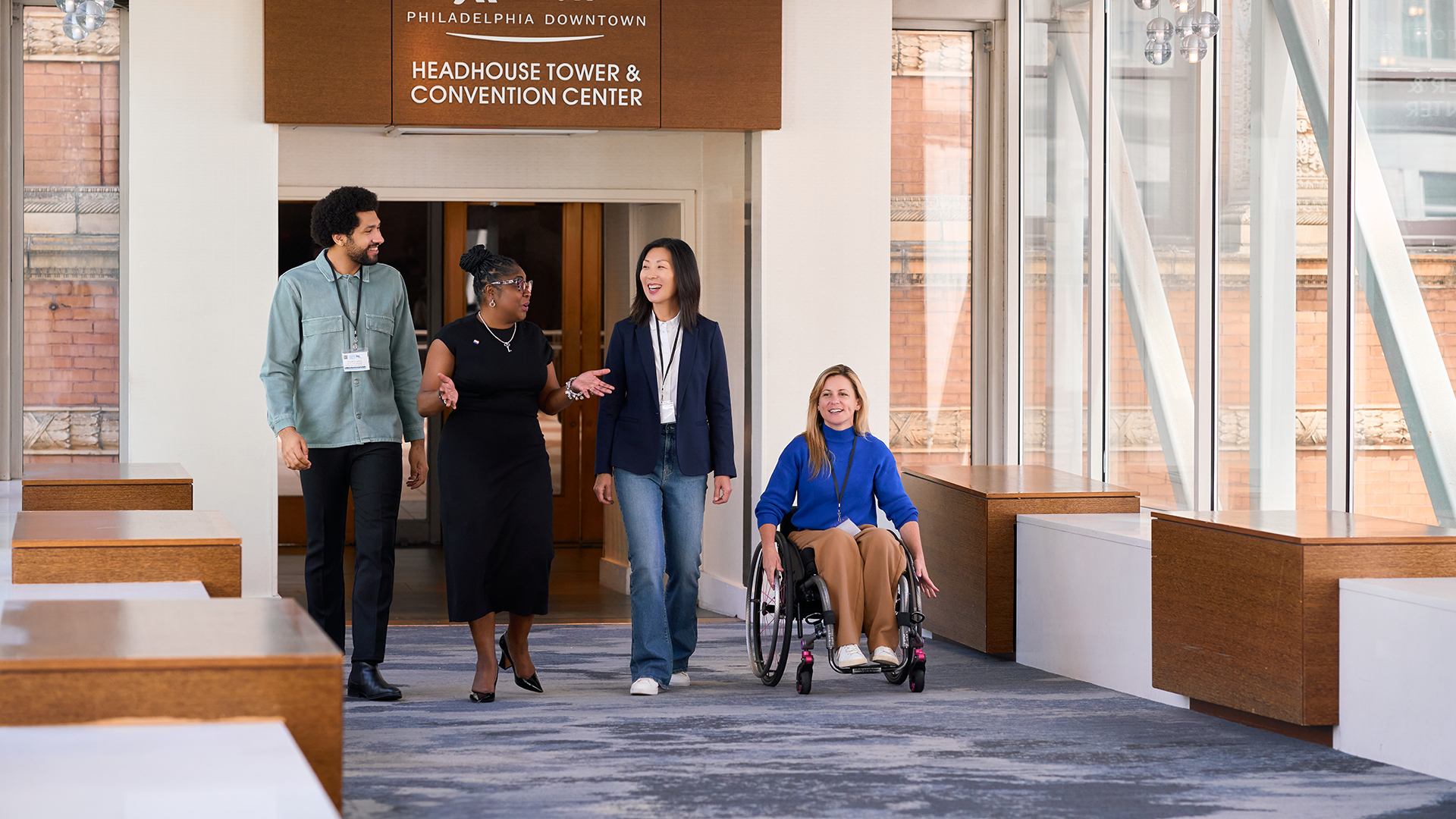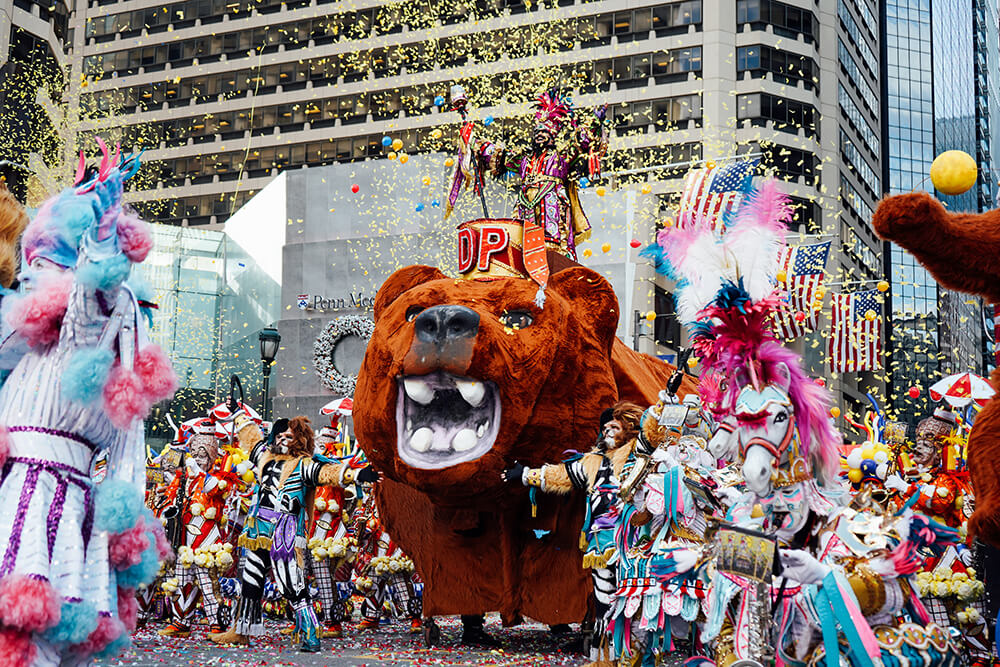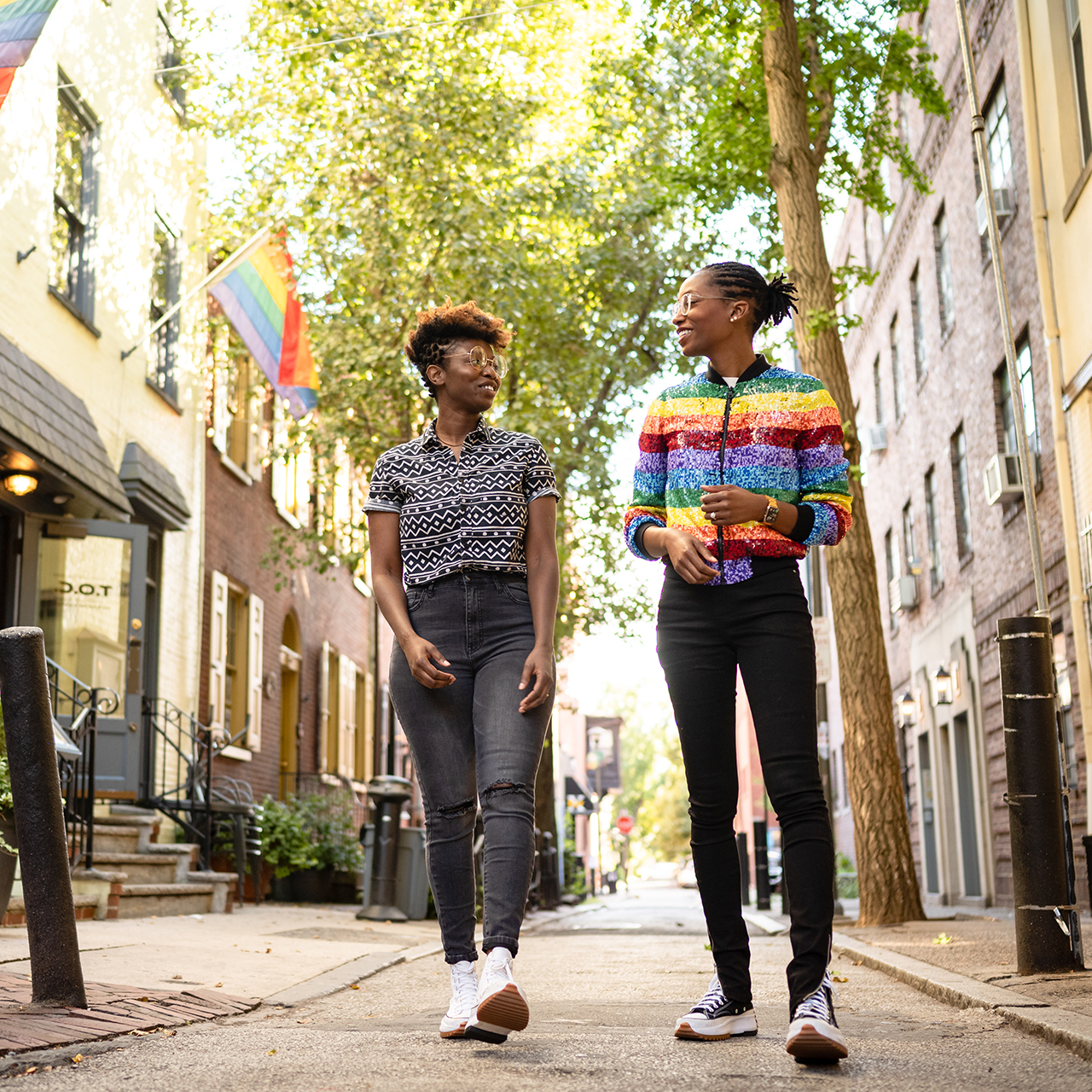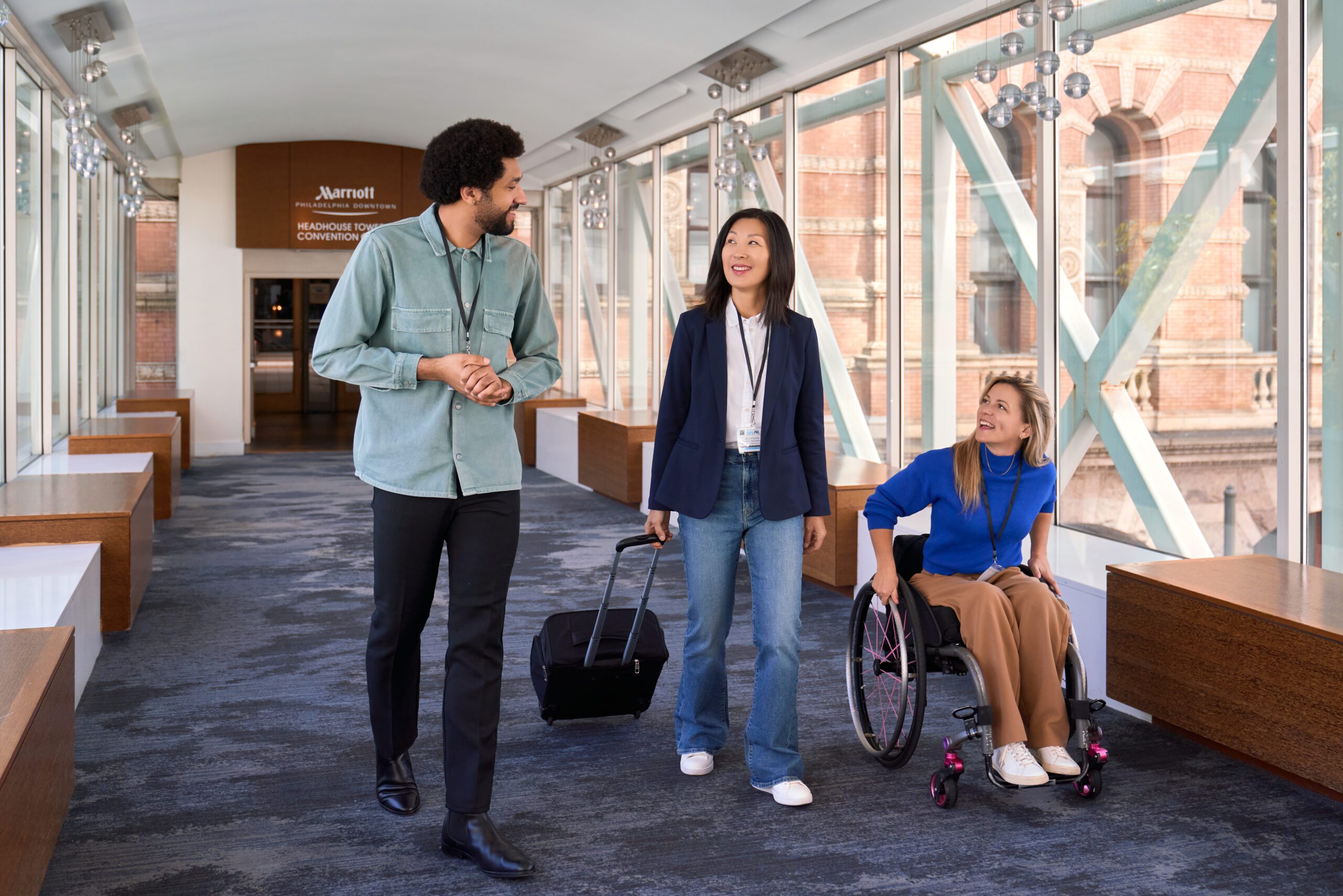
In the ever-evolving landscape of meetings, conventions, and large-scale events, inclusivity has been an even more important element for cultivating meaningful experiences for everyone.
From practical considerations for individuals with physical disabilities to the integration of technology for heightened participation, planning an accessible convention increases attendance and audience satisfaction. And because each meeting venue and agenda is different, planners need to have a focused approach to an accessibility plan. Here are some accessibility tips to use while planning your next meeting or event.
Understand Accessibility
Planning an accessible meeting is more than checking boxes on an accommodation list. When creating an accessibility plan, decision-makers should evaluate their intentions and recognize the diverse needs of potential attendees. One size does not fit all, and planners must be thoughtful in structuring meetings to be as inclusive as possible. This means adapting goals to the audience by evaluating who is attending, why they are attending, and the collective objectives of the event.
Creating an inclusive meeting environment lies in adapting to the unique composition and needs of the audience. This goal urges planners to assess attendee demographics, event goals, and venue capabilities when formulating an accessibility plan.
PHL Diversity is ready to help planners meet the accessible needs of your attendees and customers. The Philadelphia Convention and Visitors Bureau’s DEIA business division can connect you with community leaders to help facilitate your accessibility needs. Working in concert with the CVB’s Destinations Services team, planners will find all the resources needed to ensure an accessible event.
Create accessibility goals during preplanning
It is essential to build accessible accommodations into the initial plan. Otherwise, trying to incorporate them later can yield poor results. During the pre-production stage, planners should consult with their venue and destination partners to learn about their current infrastructure and what aspects will require further accommodation.
Planners should examine their venues for several crucial space considerations. For guests in wheelchairs, ensure doorways are wide enough to accommodate entry. Lower tables for sign-in and dining, and display clear signage for wheelchair-accessible bathrooms. When creating an event schedule, allocate enough time between sessions to accommodate wheelchair and disability travel. And establish clear channels, such as a help desk or chat service, for attendees who require additional assistance.
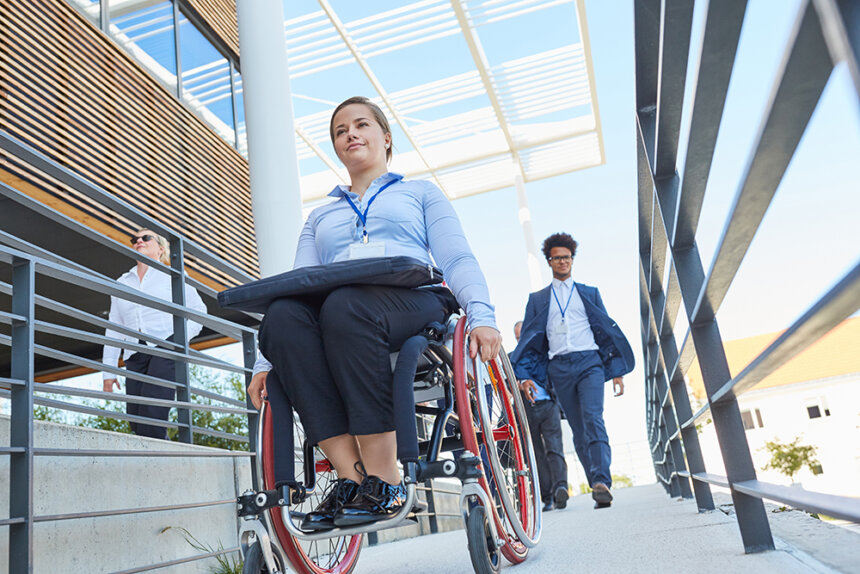
Ramps make it easier for wheelchair users to move throughout convention centers.
Incorporating digital elements into a convention can extend the event’s reach to a remote audience. Employing video conferencing enables conventions to broadcast their sessions in real time to participants who cannot be present physically. These broadcasts should incorporate closed captioning and alternative text for viewers with hearing impairments. Integrating these technologies creates a more inclusive experience, expanding participation options for all attendees.
For keynote speakers and presentations, conventions should employ sign language interpreters. Businesses are obligated by the Americans with Disabilities Act (ADA) to hire a sign language interpreter to facilitate effective communication with customers who are deaf or hard of hearing.
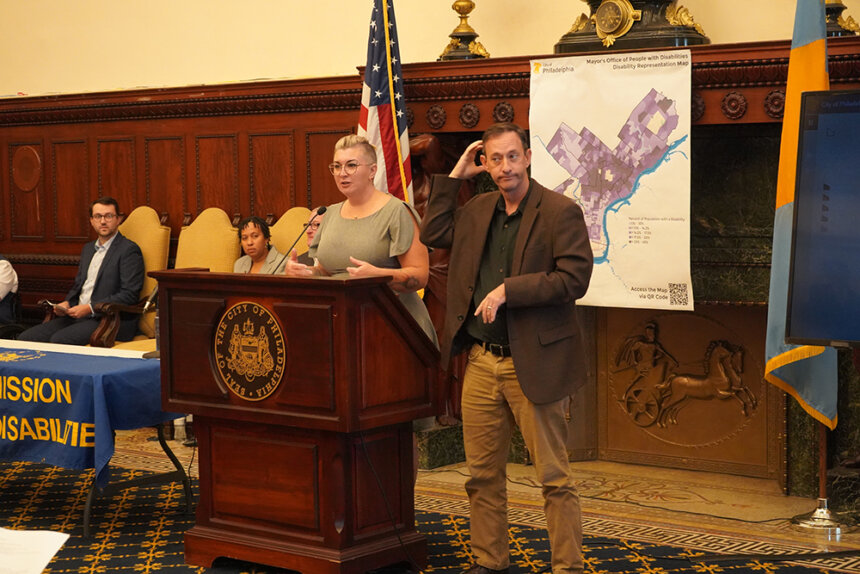
Press conference on the disability characteristics map of Philadelphia where Nieves is speaking alongside a sign language interpreter.
When holding a meeting in Philadelphia, the team at the Pennsylvania Convention Center will work side by side with planners on layouts and schedules. The Center is committed to ensuring the accessibility of its facilities for all guests, including those with disabilities. With accessible parking near its location and easy pick-up and drop-off for shuttles and ride-share apps, ease of arrival for all attendees is ensured. All public restrooms and elevators are designed to be accessible and compliant with ADA standards. And the venue welcomes trained guide dogs and service animals.
Communicate accessible options to build attendance
After integrating an accessibility plan into a convention blueprint, planners must clearly communicate the accommodations to potential attendees. These details should be prominently displayed on the convention’s website and resources, ensuring individuals with disabilities can easily access the information. Don’t forget to make sure that your website is accessible as well.
If accessibility information is difficult to find, attendees may feel excluded and be less likely to attend. Planners should ensure that meeting hosts prioritize accessibility information and provide a clear point of contact for inquiries.
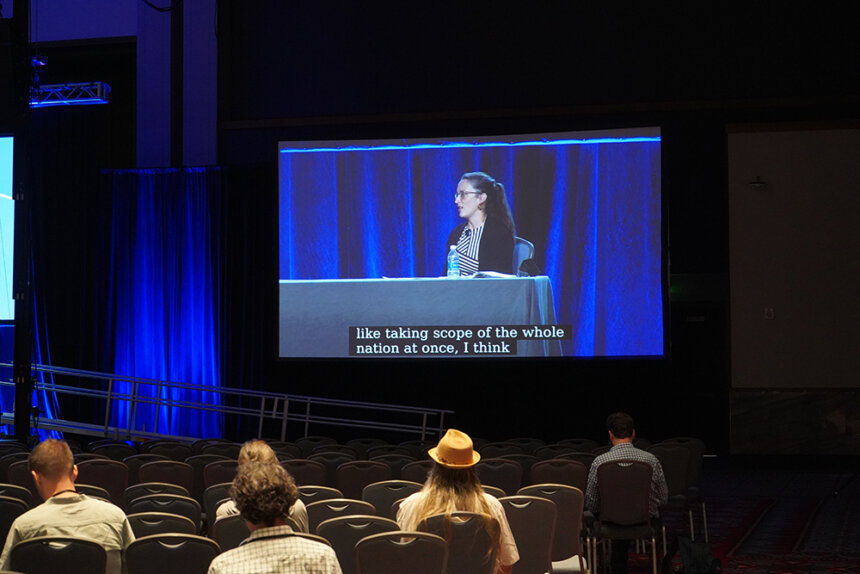
A panel session at the American Sociological Association 2023 Annual Meeting used closed captioning.
During the event, the venues should be lined with clear signage detailing accessibility information and where to seek additional support. Resource desks should feature large-print versions of agendas for those who are visually impaired. Clearly communicating an accessibility plan not only generates early attendance but also enhances the sense of belonging for event participants.
Gather feedback
Hosting a successful and accessible event can be a major feat. However, it doesn’t mean rinsing and repeating the same plan for the next event. After the event, planners should survey attendees on what worked and didn’t work for them from an accessibility standpoint. Once documented, this feedback can improve planning for the next event with actionable items for the next destination and venue. By maintaining accessibility as an ongoing priority, events will continue to build attendance year after year.
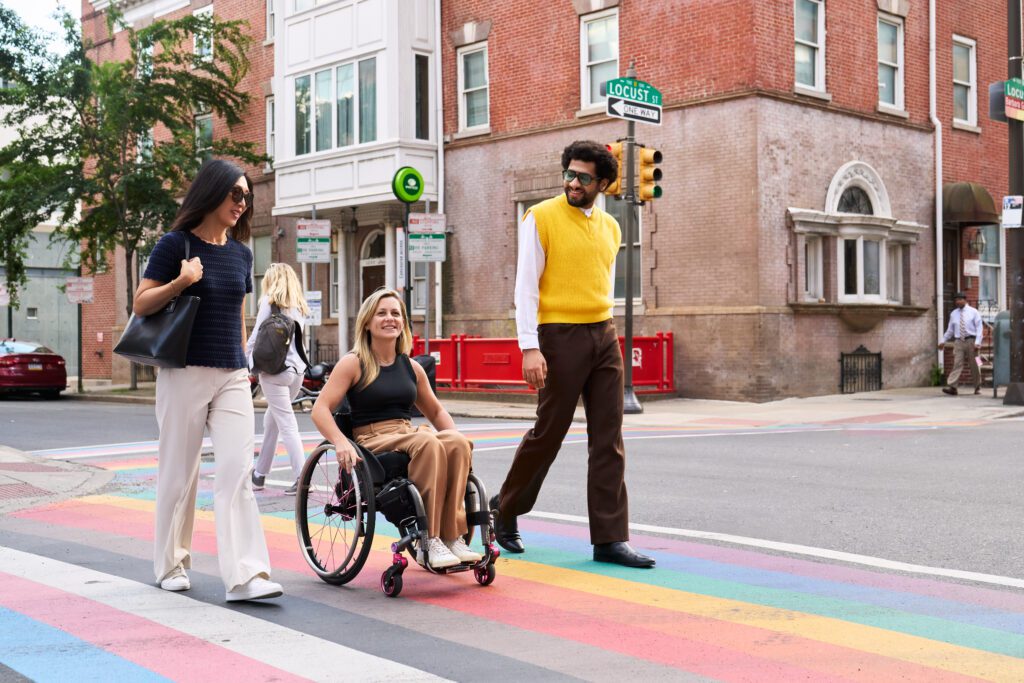
Commit to a culture of inclusivity
Promoting an inclusive meeting is not merely about accommodating individuals with disabilities; it’s about actively involving them in the creation of inclusive events. If planners want more engagement from the disability community, events should not simply be about people with disabilities—they should be created with people with disabilities.
Investing in accessibility creates an inclusive culture for attendees, fostering sustained attendance year after year and solidifying conventions as inspiring spaces where everyone belongs.
Philadelphia has been a long-time champion of inclusivity. The city’s evolving accessible infrastructure, as well as its policies and communities, help ensure successful events and conventions. The Philadelphia team stands ready to assist in planning a meeting as well as working with planners to ensure future offerings and services in this ever-evolving landscape.
Looking to plan an accessible event in Philadelphia? Submit your RFP today!
